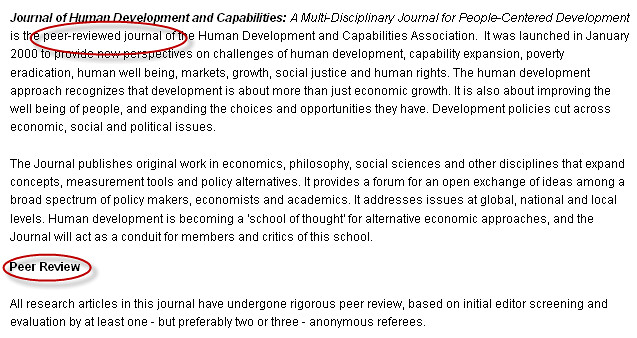Locating and obtaining resources not available through Vassar Libraries:
You will likely go through the search process a number of times, performing different searches with different keyword combinations, to address the different components of your topic.
| Systematic Searching | Handsearching |
| #1 Identify your question. Identify the key concepts and related terms. Tip: You may want to re-phrase your question. Background reading can help you identify related terms and further define or narrow your topic. | Explore reference lists to locate other articles, books, or authors who have written on the same topic. |
| #2 Find an appropriate search tool. Consider your subject matter, discipline of study, type of information needed (e.g. peer reviewed articles) | Locate cited research in reference lists/bibliographies and citing literature (WoS or Google Scholar) to view past and more recent similar or adjacent research. |
|
#3 Start with a simple search based on your key concepts. Tip: You may also have to look at literature that refers to one (not all) aspects of your research question. |
Browse the table of contents of relevant journals and special issues. |
|
#4 Use specific search strategies.
|
Review bibliographies or reading lists to locate recommended or key resources. |
| #5 Search and skim results. Look for the language and terms that researchers use and that the database assigns to articles (Subjects). | Locate an expert Locate an expert the the field and browse their publications. |
| #6 Switch up your searches. Use promising new terminology. Your search may become more sophisticated. |
Original Research Article - Most often published in peer reviewed journals, original research articles report on the findings of a scientist's work or experiment. They will almost always include a description of how the research was done and what the results mean.
Review articles - Published in peer reviewed journals, but seek to synthesize and summarize the work of a particular sub-field, rather than report on new results. Can provide helpful background information.
Editorials/Opinion/Commentary/Perspectives – An article expressing the author's view about a particular issue. These articles can be well researched and include a lot of citations to the peer reviewed literature, or simple items without citations, but are not themselves peer reviewed.
Brief Communications or News – Science news articles can be found in a wide variety of publications. Popular newspapers and magazines, trade publications and scholarly publications can all have science news articles. These articles often will refer to a recent study published as a primary research article. These articles are typically short and written in language a general audience can understand.
One of the best places to find out if a journal is peer-reviewed is to go to the journal's website (just Google the journal title).
Most publishers have a website for a journal that tells you about the journal, how authors can submit an article, and what the process is for getting published.
On the journal's website, look for the link that says "information for authors," "instructions for authors," "submitting an article" or something similar. Then look for the term "peer-reviewed" in the description of the journal.

From, “BHS 110 Orientation: Types Of Scholarly Sources” by Oregon State University Libraries & Press, used under CC BY-NC 4.0. Information.

While these sources are not considered peer-reviewed, they can provide authoritative overviews for factual and basic information and may link you to peer-reviewed articles.